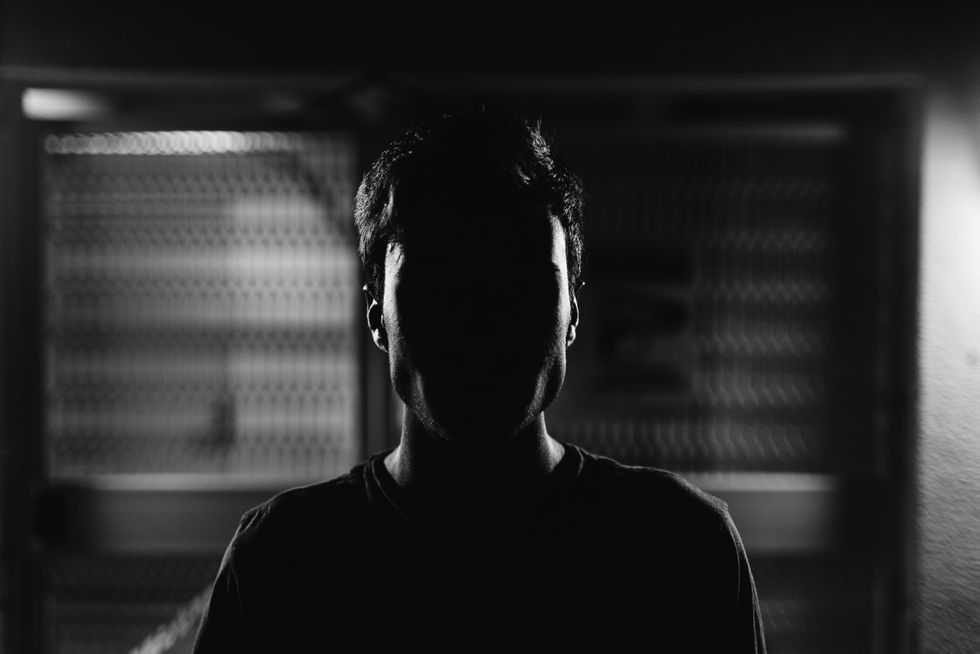With the recent categorical placement of the film "Get Out" in the Best Musical or Comedy group at the 2018 Golden Globes Awards, it is important to address the severity of such a categorization of this film.
Jordan Peele, the writer, and director of this film created the concept of this film with the intention of it being a documentary. It is a documentary in the manner in which it documents and explores some of the many experiences that African Americans experience while maneuvering through their everyday lives in the United States.
"Get Out" is a documentary with a mix of horror, it is NOTa comedy. "Get Out" oozes the very definition of horror: it was designed to frighten and alarm the audience into essentially seeing and entering the world of experiences which black people experience on a daily basis.
Personally, I take such a categorization of this film as a comedy to be an insult to the daily experiences of black people. Such a categorization undermines and creates a comedic aura of the reality of the experiences of inequality that many black people experience on a daily basis.
I am still confused as to how one could see this as a comedic film. Not once did I snicker, smirk, or giggle while viewing this film, which is what I would expect to elicit during a comedic film. As I watched the film for the first time, I found myself stressed as I could relate to the experiences of Chris and could empathize with the emotions which he elicited throughout the unfortunate experiences with his girlfriend, Rose, her family, and her friends. I spent every second of the film on the edge of my seat, with a pounding headache that only exacerbated as the movie progressed, I was essentially stressed.
Jordan Peele does a phenomenal job at attempting to capture the essence of the everyday experience of black people. The many backhanded comments and stereotypes brought upon Chris throughout the film, I could relate to or know of people who could relate to it in some shape, way, or form. That idea of the “sunken place”, although portrayed in a specific light for the event of a film, is indeed relatable to my identity as a black person.
The “sunken place”, as shown in the movie, was a technique used to condition Chris’ mind into submitting himself to Rose’s family. This is an accurate portrayal of slavery in the United States; it is that very notion that black people in the United States, for a period of time, could be subjected to dehumanization at the hands of the white elite.
Jordan Peele himself acknowledges the power of the sunken place, as he said in an interview, “We too are all in the sunken place." He defines the sunken place as “a state of marginalization, where we can attempt to overpower the system, but the power of the system works to “silence us”.
The history of black people in the United States and their continuous struggle to prove their humanity, survive, and reach equality with their white counterparts proves the reality of the sunken place. The sunken place is a concept that is very well alive today, and black people, since the first African was stripped from their home, enslaved, and dehumanized, have had to fight to leave such a dark place.
In no way, shape, or form does the concept of this film sound comedic to me or to my black counterparts. This film is a documentary; this film is the reality of many black people’s lives and experiences; this film is the portrayal of mainstream America’s lack of ability to acknowledge the reality of the black experience in the United States.

















